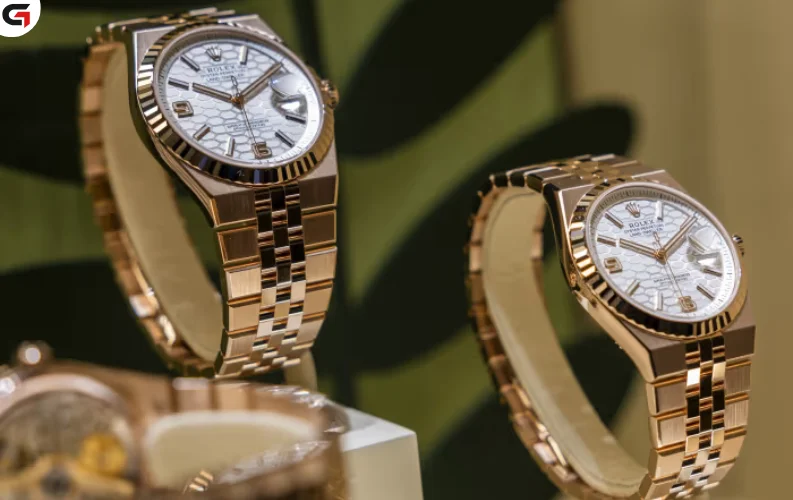Dubai – Swiss watch companies are preparing for a bumpy ride following US President Donald Trump's placing of a 39 percent tariff on Swiss products, the highest rate charged to a developed economy. The action jeopardizes profits and market access in the US, one of the most significant export markets for Switzerland's luxury timepieces.
For the moment, watch manufacturers are getting a temporary reprieve. A spike in shipments to the US in July permitted businesses to store up inventory prior to the tariffs, lessening near-term losses. Breitling CEO Georges Kern indicated companies had set "backup plans and a few months of inventory" to take the short-term shock.
Nevertheless, industry insiders recognize the challenge. Smaller companies such as Favre Leuba have shelved US expansion plans, whereas ZRC 1904 is moving forward, taking a bet that long-term demand would trump short-term troubles.
The stakes are high: the US imported around 20 percent of Swiss watches worth 2.6 billion Swiss francs ($3.3 billion) in the first half of 2025. July's total exports increased 6.9 percent from a year earlier, but excluding US shipments, they would have decreased 0.9 percent, revealing fragility in other major markets like Japan and China.
Bloomberg Intelligence has cautioned that when supplies are depleted, the downward slope may resume since the industry is still very sensitive to trade policy fluctuations.
Swiss authorities are trying to find answers, with Vice President Guy Parmelin calling recent discussions with American trade officials "constructive." Switzerland is looking for an agreement nearer to the 15 percent tariff that the EU agreed.
In spite of uncertainty, there are islands of optimism. Watches of Switzerland Group Plc, a top UK Rolex retailer, reported robust US sales, with CEO Brian Duffy reporting to Bloomberg TV that "the general mood in Switzerland is that the situation will improve from what it is today."
The tariff threat is added to record gold prices and international geopolitical tensions, both of which are a burden on luxury demand. For Swiss luxury brands, the way ahead is a combination of short-term measures, such as stockpiling, and long-term dependence on diplomacy and consumers' resilience.




















